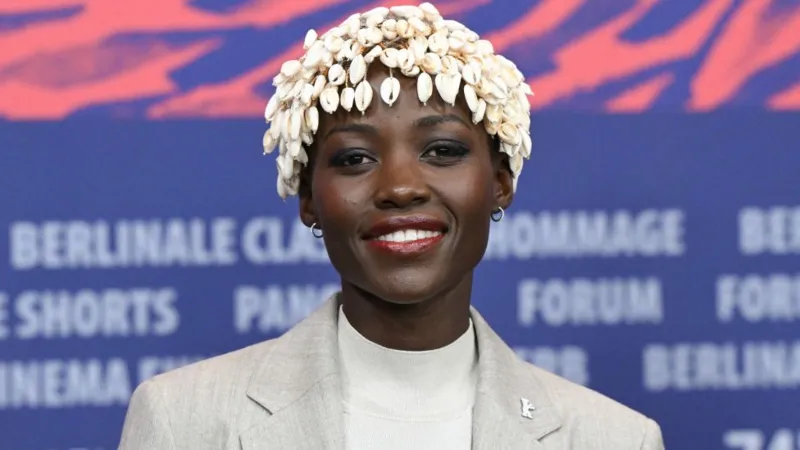Kenyan actress Lupita Nyong’o has made history by taking over as the first black head of the Berlin International Film Festival jury.
The annual film showcase event, also known as the Berlinale, is one of the five largest global film festivals.
The event has not had a black jury head in its 74-year history, organisers told AFP news agency last year.
Nyong’o will lead the jury in selecting the winning films in the two main categories, Golden and Silver Bears.
The top five international film festivals – Berlin, Cannes, Venice, Sundance and Toronto – have often faced criticism for lacking diversity on their juries.
The biggest and second-oldest of these, the Cannes festival, only had its first black jury president in 2020, when American director Spike Lee was chosen.
At the opening of the event in Germany’s capital on Thursday, Nyong’o said she was “greatly honoured” to take on the position.
She added that the diversity of the jury would enrich the jury’s process of deciding on the films to award.
“That’s the beauty of bringing people together from different backgrounds – we respond to different things,” said the actress, who won an Oscar for 12 Years A Slave in 2014.
“We have a lot of world experience and opinion and it’s gonna be interesting. It’s probably also gonna be spicy.”
When Berlinale announced Nyong’o as jury president last December, the festival’s directors, Mariëtte Rissenbeek and Carlo Chatrian, said Nyong’o was selected because she “embodies what we like in cinema”, through her acting versatility and ability to cater to different audiences.
The event will run until 25 February, when the jury announces the winning films in the major categories.
Three African entries are among the 20 competing for the top prize, and all tell stories from the continent.
They include Black Tea by Mauritanian-born Malian director Abderrahmane Sissako, Who Do I Belong To by Tunisian-Canadian director Meryam Joobeur and the documentary Dahomey by French-Senegalese filmmaker Mati Diop.
Source: BBC
